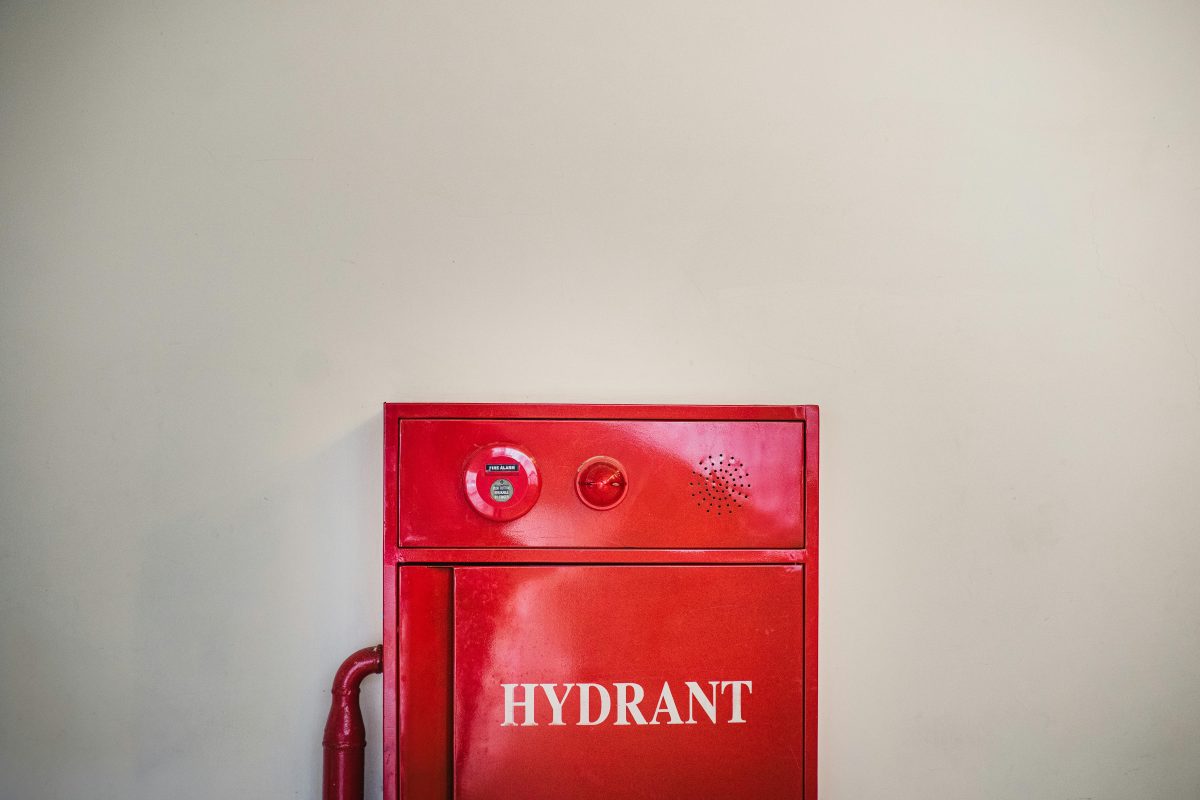Uncategorized
From Celtic Tiger to Hubris: Ireland’s Economic Tale
For the Love of God, Don’t Call It a ‘Celtic Tiger’ — How Ireland’s Economic Boom Went from Hope to Hubris
Estimated reading time: 7 minutes
Key Takeaways
- The ‘Celtic Tiger’ era symbolized both prosperity and eventual economic collapse in Ireland.
- Many Irish people regretted the excesses of the boom period, which led to the financial crisis.
- Current resilience in Ireland is akin to historical struggles, teaching lessons for a better future.
Table of Contents
Introduction
The Heart of the Story
The Wider Echo
The Now & The Next
Did You Know?
FAQs
Final Word
Introduction
Ah, Ireland. A land of green hills and wild dreams. A place where the laughter of children mingles with the sighs of old men reminiscing about days of glory past. Yet, somewhere between the pints of Guinness and the notes of a fiddle, we stumbled — a modern-day Icarus flying too close to the sun. The ‘Celtic Tiger’ era, they called it. A time when the glitter of Euro notes blinded us to the dangers lurking behind the gilded curtain. As we chased growth like it was the final whistle in a Gaelic football match, did we forget to look back at the stories forged in the ashes of hard times? Brace yourself, dear reader, for a tale woven through hope, excess, and the prickly lessons of hubris.
The Heart of the Story
In the late ’90s, when the streets of Kerry echoed with visions of prosperity, you could feel the pulse of something electric. People were flush, buying homes faster than ye could say “saoirse.” The old stories of hardship began to fade like the memories of the previous economic crises — the ‘80s strife felt like a distant dream. Every corner of Dublin hummed with progress, new businesses popped up faster than daisies in spring. Yet, my uncle Paddy had a saying: “A fool and his money are soon parted.” Funny how the wise words of ancestors dance at the back of your mind when you least expect it. As we filled our pockets with prosperity, we forgot the old song of caution. Houses were built and sold, land was bought and sold — but what about our souls? Who’d protect the spirit of the land we claimed to love?
The Wider Echo
Fast forward to the bust, and it was as if the land had shifted beneath our feet. Those who had danced in the streets now watched as loved ones left the country — emigrating to seek the life they once had at home, this time in Boston or Sydney. The ‘Celtic Tiger’ didn’t just roar; it shredded the fabric of Irish society. A country wreathed in cheer turned to gritted teeth, housing estates left empty, and dreams now dashed amid the rubble of unfinished lives. In a survey back in 2013, nearly one in three Irish people expressed a deep sense of regret over the economic collapse. Regret, how we wear it like a heavy coat on a hot day — stifling, suffocating. And amid this struggle for survival, the echoes of a rebellious past remind us that we have fought battles before. The resilience that got us through the famine and oppression now urged us to forge new paths, and yet, we remained shackled by our recent choices like weeds choking a grand oak tree.
The Now & The Next
Today, the spirit of the country is rising again, but we must tread carefully, like children learning to walk. The housing crisis is real, and dreams of home ownership feel as elusive as a banshee’s wail. Yet, amid the strife, there are bright lights — a new generation of thinkers, artists, and activists rising from the ashes of our previous mistakes. With the joy of a GAA match at Croker filling the air, we lift our hearts just for a moment. The stories of old — of fighting for our rights, of brotherhood and unity — are alive and breathing. On the streets of Dublin to the lesser-known corners of Offaly, we hear the drums beating again, rallying us to remember who we are, to hold each other accountable, and to prepare for the next chapter. Let’s carry the lessons of the ‘Celtic Tiger’ in our hearts, learn from them, and weave them into our shared tapestry. In this new narrative, let’s forge a spirit that refuses to bow to the arrogance of past glories.
Did You Know?
- During the height of the ‘Celtic Tiger’, Ireland’s GDP grew by an astounding 9% per year — making it one of the fastest-growing economies in the world.
- However, by the end of 2010, property prices had plummeted by over 50%, leaving many in negative equity and financial ruins.
FAQs
What was the ‘Celtic Tiger’ period?
A time of economic boom in Ireland that lasted from the mid-’90s to the late 2000s, marred by excessive spending and eventual collapse. If you’re curious about the history of this period, check out the stories we have on Irish history.
What effects did the bust have on Irish society?
The economic collapse led to mass unemployment, emigration, and a significant housing crisis, pushing many to seek better lives abroad. Yet, it also ignited a fire in the hearts of many to advocate for change and build a more resilient community going forward.
Final Word
So, let us raise a glass to the lessons of the past, to the enduring spirit of the Irish people, and to the future we are weaving together. For the love of all that’s holy, let’s not forget — we’re stronger together, rooted in our history and ready to push forward. If you carry the same pride we do, you’ll find a piece of home waiting at
HubIrish.com.

